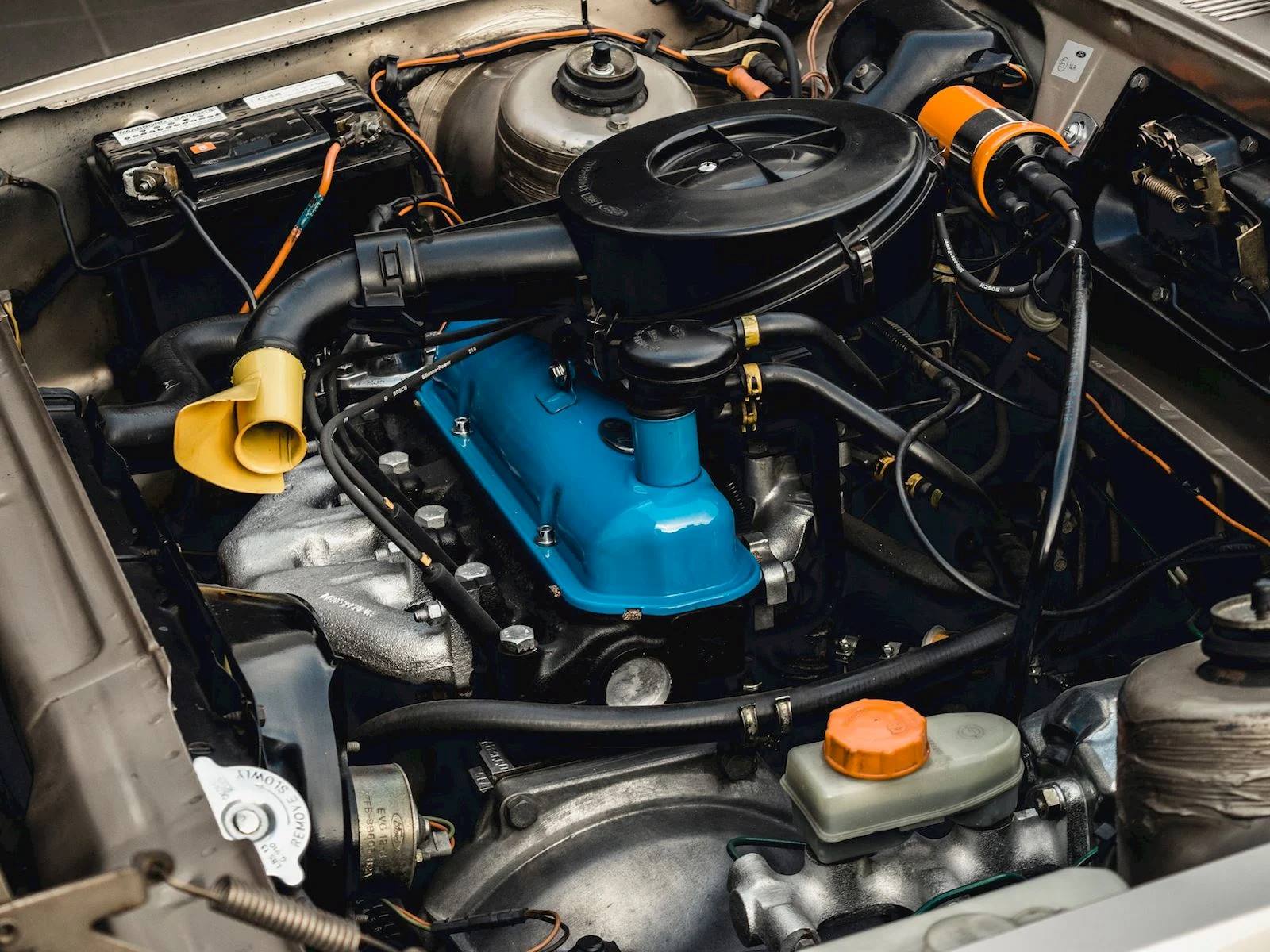

Articles
How Long Does A Water Pump Last In A Car
Modified: January 8, 2024
Discover how long a water pump typically lasts in a car and valuable tips in this informative article. Learn the signs of a failing water pump and how to extend its lifespan.
(Many of the links in this article redirect to a specific reviewed product. Your purchase of these products through affiliate links helps to generate commission for Storables.com, at no extra cost. Learn more)
Introduction
The water pump is a vital component in a car’s cooling system, responsible for circulating coolant throughout the engine to maintain optimal operating temperature. It plays a crucial role in preventing overheating and ensuring the proper functioning of the engine. However, like any mechanical part, water pumps are not immune to wear and tear, and their lifespan can vary depending on various factors.
In this article, we will explore the importance of the water pump in a car’s cooling system, discuss the factors that can affect its lifespan, and provide tips on how to extend its longevity. Whether you are a car enthusiast or simply a conscientious car owner, understanding the lifespan of your water pump and how to maintain it properly can save you from costly repairs and potentially costly engine damage.
So, let’s dive in and learn more about how long a water pump typically lasts in a car and what you can do to ensure its optimal performance.
Key Takeaways:
- Regular maintenance, high-quality coolant, and gentle driving habits can extend a car water pump’s lifespan, preventing costly repairs and engine damage.
- Signs of a failing water pump include coolant leaks, engine overheating, unusual noises, and erratic temperature fluctuations. Prompt inspection and repair are crucial.
Read more: How Long Does A Water Pump Last
Importance of Water Pump in a Car’s Cooling System
The water pump is a critical component of a car’s cooling system. Its primary function is to circulate coolant throughout the engine and help dissipate the heat generated during operation. Without a properly functioning water pump, the engine would quickly overheat, leading to potential damage and even engine failure.
The water pump is typically driven by the engine’s crankshaft or timing belt, depending on the design of the vehicle. As the engine runs, the water pump impeller draws coolant from the radiator and pushes it through the engine block and cylinder heads, where it absorbs heat. The heated coolant then returns to the radiator, where it is cooled down before being recirculated.
By maintaining optimal operating temperatures, the water pump plays a crucial role in ensuring the engine’s longevity and performance. Overheating can cause the engine to warp or crack, leading to costly repairs or, in extreme cases, engine replacement. Additionally, excessive heat can degrade essential engine components and lubricants, reducing their effectiveness and potentially causing premature wear.
Furthermore, a malfunctioning water pump can affect other components of the cooling system, such as the thermostat and radiator. If the water pump fails, coolant circulation becomes inadequate, leading to uneven heating and potential coolant leaks. This can result in inefficient cooling and a higher risk of engine damage.
The water pump’s importance cannot be overstated, as it is a vital link in maintaining the overall health and performance of the engine. Regular maintenance and prompt replacement of a failing water pump are essential to prevent cooling system malfunctions and potential engine damage.
Factors Affecting the Lifespan of a Car’s Water Pump
The lifespan of a car’s water pump can vary depending on several factors. While water pumps are designed to be durable and long-lasting, certain conditions and maintenance practices can influence their longevity. Understanding these factors can help car owners take appropriate measures to ensure the optimal lifespan of their water pumps. Below are some key factors that can affect the lifespan of a car’s water pump:
- Quality of the Water Pump: The quality of the water pump itself plays a significant role in its lifespan. Higher-quality water pumps tend to have better construction and materials, resulting in increased durability and longevity. Investing in a reputable brand and choosing a high-quality water pump can make a difference in its lifespan.
- Coolant Quality: The quality and condition of the coolant used in the car’s cooling system can impact the water pump’s lifespan. It is crucial to use the recommended coolant type and ensure regular coolant flushes and changes according to the manufacturer’s guidelines. Contaminated or degraded coolant can cause corrosion or blockages in the water pump, leading to premature failure.
- Driving Conditions: The driving conditions in which a car is operated can affect the water pump’s lifespan. Extreme temperatures, such as frequent exposure to high heat or cold, can put additional stress on the water pump and its components. Stop-and-go traffic, heavy towing, and driving in dusty or sandy environments can also contribute to increased wear and tear on the water pump.
- Maintenance Practices: Proper maintenance is crucial for the longevity of a water pump. Regular coolant system inspections, including checking for leaks, cracks, or coolant contamination, are essential. Routine replacement of the timing belt or serpentine belt, if connected to the water pump, is also important. Neglecting maintenance can lead to early failure of the water pump.
- Driving Habits: Aggressive driving, such as frequent rapid acceleration or hard braking, can put excessive strain on the engine and cooling system, including the water pump. Gentle driving habits, allowing the engine to warm up before driving, and avoiding sudden temperature changes can help extend the water pump’s lifespan.
It is important to note that while these factors can influence the lifespan of a car’s water pump, it is not possible to accurately predict the exact lifespan of an individual water pump. Regular inspections, maintenance, and addressing any signs of potential issues promptly are the best ways to ensure the water pump’s longevity.
Signs of a Failing Water Pump
Being able to recognize the signs of a failing water pump is crucial to prevent further damage to your car’s cooling system and engine. Identifying these signs early can save you from costly repairs and potential breakdowns on the road. Here are some common signs that may indicate a failing water pump:
- Leaking Coolant: One of the most common signs of a failing water pump is coolant leakage. You may notice a puddle of coolant underneath your car when it is parked. Inspect the water pump and surrounding area for any signs of a leak. Coolant may also be visible on the engine block or under the hood.
- Engine Overheating: If the water pump is not circulating coolant properly, the engine may overheat. Keep an eye on your car’s temperature gauge and watch for any sudden increases in temperature. If you notice the gauge consistently reaching the red zone or if you receive a warning message for engine overheating, it could be a sign of a failing water pump.
- Whining or Grinding Noise: A failing water pump may produce unusual noises, such as a whining or grinding sound. This could be due to a worn-out bearing or a misaligned impeller. If you hear any new or unusual noises coming from the front of the engine, it’s worth having the water pump inspected.
- Steam or Smoke from the Engine: If the water pump has completely failed and the engine is severely overheating, you may see steam or smoke coming from under the hood. This is a serious sign of engine overheating and should be addressed immediately to prevent further damage.
- Erratic Temperature Fluctuations: A failing water pump may cause erratic temperature fluctuations. You may notice that the engine temperature quickly jumps from hot to cold or that it is difficult to maintain a consistent temperature. These fluctuations can indicate a problem with the water pump’s ability to circulate coolant effectively.
- Dashboard Warning Light: Some cars are equipped with a dashboard warning light for the cooling system. If this light illuminates, it could indicate a problem with the water pump or the overall cooling system. Check your vehicle’s owner manual for information on the specific warning lights and their meanings.
If you experience any of these signs, it is crucial to have your water pump inspected and repaired or replaced as soon as possible. Ignoring a failing water pump can lead to severe engine damage and potential breakdowns on the road. Consult a qualified mechanic or take your car to a trusted service center to diagnose and address the issue.
A water pump in a car typically lasts around 100,000 miles or 7-10 years. However, it’s important to regularly check for leaks or unusual noises and replace it if necessary to prevent engine damage.
Average Lifespan of a Car’s Water Pump
The average lifespan of a car’s water pump can vary depending on several factors, including the quality of the water pump, driving conditions, maintenance practices, and more. However, on average, a well-maintained water pump can last anywhere between 60,000 to 100,000 miles or 5 to 10 years. It is important to note that this is just an estimate and not a definitive timeframe.
The lifespan of a water pump can be influenced by various factors, such as the quality of the pump itself. Higher-quality water pumps, made with better materials and construction, tend to have a longer lifespan compared to lower-quality ones. Investing in a reputable brand and ensuring proper installation can contribute to a more extended water pump lifespan.
Driving conditions also play a significant role in the lifespan of a water pump. Extreme temperatures, such as prolonged exposure to high heat or cold, can put additional stress on the water pump and its components. Heavy towing, frequent stop-and-go traffic, and driving in dusty or sandy environments can also contribute to increased wear and tear on the water pump.
Maintenance practices are crucial for the optimal lifespan of a water pump. Regular coolant system inspections, including checking for leaks, coolant contamination, and proper coolant levels, are essential. Flushing and changing the coolant according to the manufacturer’s guidelines can also help extend the water pump’s lifespan. Additionally, replacing the timing belt or serpentine belt, if connected to the water pump, at recommended intervals is important to prevent belt failure and subsequent water pump damage.
Driving habits also impact the lifespan of a water pump. Gentle driving habits, such as allowing the engine to warm up before driving and avoiding sudden temperature changes, can reduce stress on the water pump and other cooling system components. On the other hand, aggressive driving, frequent rapid acceleration, and hard braking can put additional strain on the water pump and potentially shorten its lifespan.
It is important to remember that these factors are general guidelines, and the lifespan of a water pump can vary depending on individual circumstances. Regular inspection and maintenance, addressing any signs of potential issues promptly, and following the manufacturer’s guidelines are key to ensuring the optimal lifespan of a car’s water pump. Consulting with a qualified mechanic or service center can provide specific advice for your vehicle.
Read more: How Long Does A Well Water Pump Last
Extending the Lifespan of a Car’s Water Pump
While the lifespan of a car’s water pump may vary, there are several steps you can take to extend its longevity. By following these maintenance practices and taking proactive measures, you can maximize the lifespan of your water pump and ensure optimal performance. Here are some tips to help you extend the lifespan of your car’s water pump:
- Follow the Manufacturer’s Guidelines: Always refer to your vehicle’s owner manual for specific maintenance guidelines, including recommended coolant types and intervals for coolant system inspections and changes. Adhering to these guidelines will help maintain the overall health of your cooling system, including the water pump.
- Use High-Quality Coolant: Using the recommended coolant and maintaining the proper coolant-to-water ratio is essential. High-quality coolant helps prevent corrosion and sediment buildup in the cooling system, reducing the risk of damage to the water pump and other components.
- Inspect for Leaks Regularly: Keep an eye out for any signs of coolant leakage around the water pump area. Puddles of coolant underneath your car or visible coolant on the engine block or under the hood may indicate a leak. Promptly addressing any leaks can prevent further damage to the water pump and the overall cooling system.
- Replace the Timing Belt or Serpentine Belt: If the water pump is driven by the timing belt or serpentine belt, it is essential to replace these belts at the recommended intervals. A worn-out or damaged belt can cause the water pump to malfunction, leading to potential cooling system failure.
- Pay Attention to Temperature Gauge: Keep an eye on your car’s temperature gauge and be mindful of any sudden temperature fluctuations or consistent overheating. If you notice abnormal temperature readings, have your cooling system, including the water pump, inspected by a qualified mechanic.
- Practice Gentle Driving Habits: Avoid harsh driving practices, such as rapid acceleration, hard braking, and sudden temperature changes. Gentle driving habits can reduce stress on the water pump and other cooling system components, contributing to their longevity.
- Regular Maintenance Inspections: Schedule regular maintenance inspections with a qualified mechanic or service center. They can perform thorough checks of your cooling system, including the water pump, to identify any potential issues before they escalate into severe problems.
- Flush and Change Coolant as Recommended: Follow the manufacturer’s guidelines for coolant flushes and changes. Over time, coolant can become contaminated or lose its effectiveness, leading to potential damage to the water pump and other cooling system components. Regular coolant maintenance ensures optimal performance and lifespan of your water pump.
By following these tips and staying on top of proper maintenance, you can greatly increase the lifespan of your car’s water pump. Prevention and proactive measures play a crucial role in avoiding costly repairs and maintaining the health of your vehicle’s cooling system. Remember to consult with a qualified mechanic or service center for specific advice tailored to your car model and driving conditions.
Conclusion
The water pump is a vital component in a car’s cooling system, responsible for circulating coolant and maintaining optimal engine temperature. Understanding the factors that can affect the lifespan of a car’s water pump is crucial for ensuring its optimal performance and avoiding costly repairs or engine damage.
Factors such as the quality of the water pump, driving conditions, maintenance practices, and driving habits can influence how long a water pump lasts in a car. While the average lifespan of a water pump can range from 60,000 to 100,000 miles or 5 to 10 years, it is important to stay vigilant and address any signs of a failing water pump promptly.
Signs of a failing water pump include leaking coolant, engine overheating, unusual noises, steam or smoke from the engine, erratic temperature fluctuations, and dashboard warning lights. If you notice any of these signs, it is crucial to have your water pump inspected and repaired or replaced as soon as possible to prevent further damage.
To extend the lifespan of your car’s water pump, follow the manufacturer’s guidelines for maintenance, use high-quality coolant, regularly inspect for leaks, replace timing belts or serpentine belts when recommended, practice gentle driving habits, and schedule regular maintenance inspections. These proactive measures can help maximize the lifespan of your water pump and ensure the overall health of your cooling system.
Remember, prevention is key when it comes to maintaining your water pump. By taking care of your car’s cooling system and addressing any issues promptly, you can avoid costly repairs, engine damage, and potential breakdowns on the road.
Consulting with a qualified mechanic or trusted service center will provide you with specific advice tailored to your vehicle and driving conditions. By taking the necessary steps to maintain your water pump, you can enjoy reliable performance and peace of mind knowing that your car’s cooling system is in top shape.
Frequently Asked Questions about How Long Does A Water Pump Last In A Car
Was this page helpful?
At Storables.com, we guarantee accurate and reliable information. Our content, validated by Expert Board Contributors, is crafted following stringent Editorial Policies. We're committed to providing you with well-researched, expert-backed insights for all your informational needs.
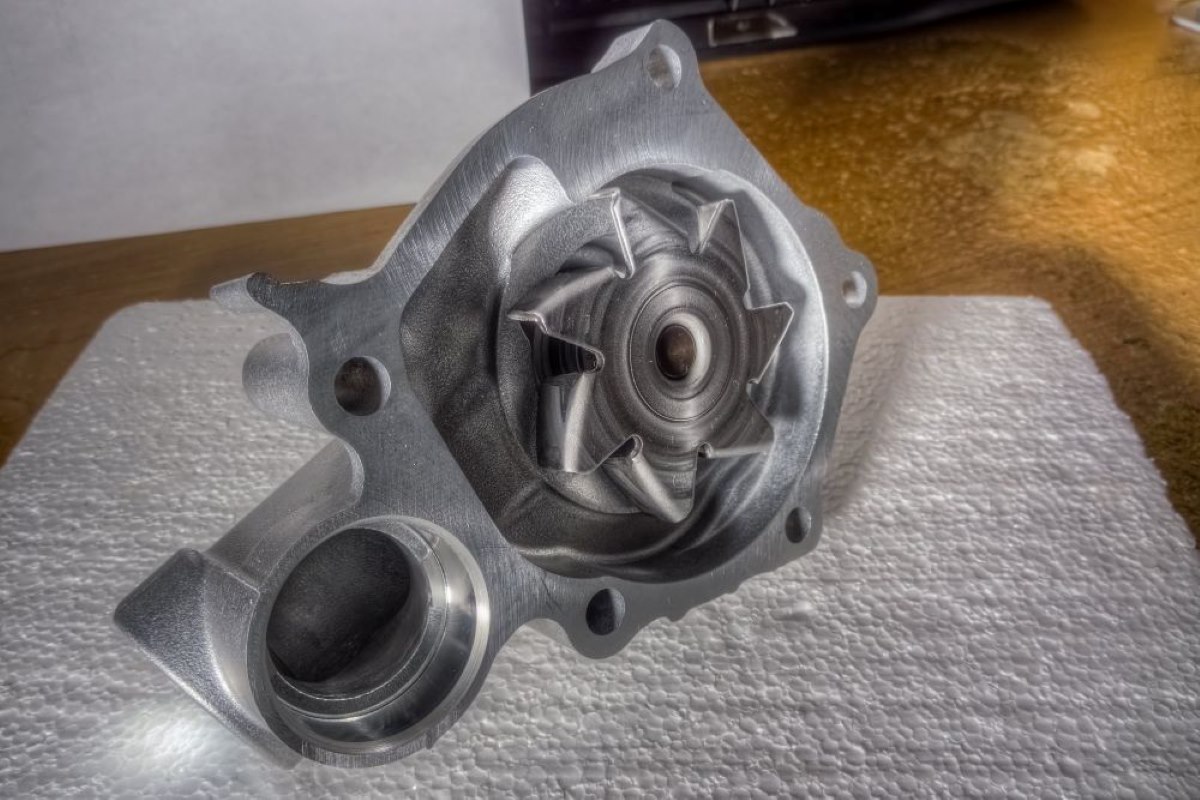
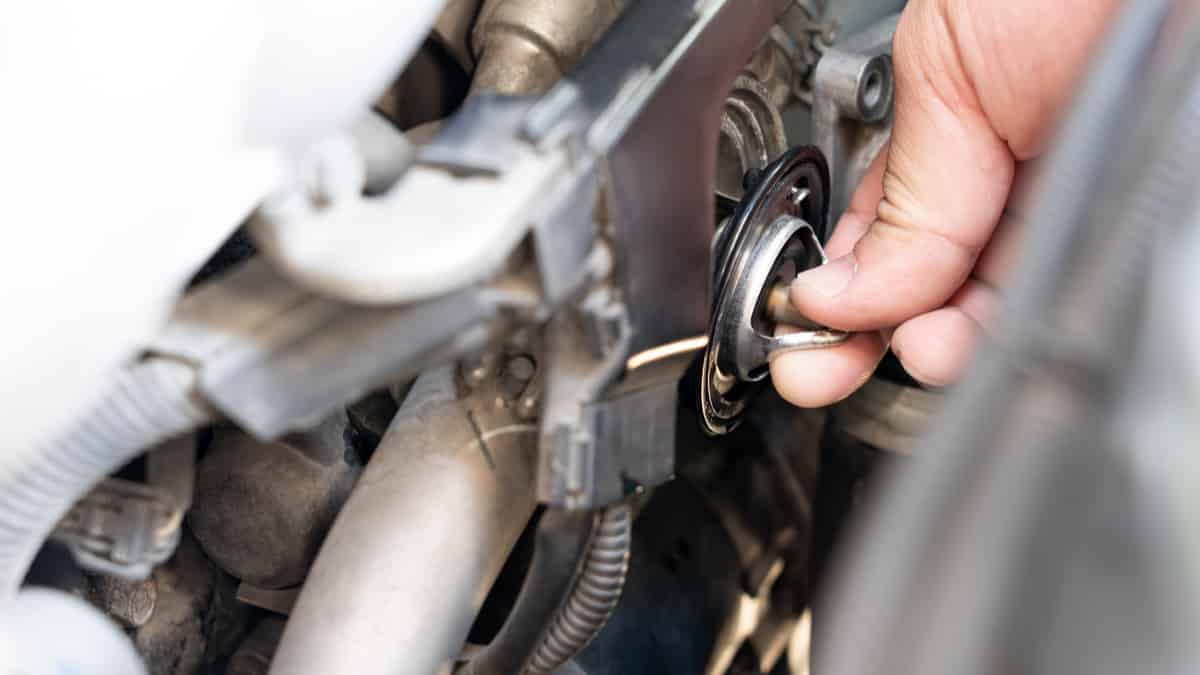
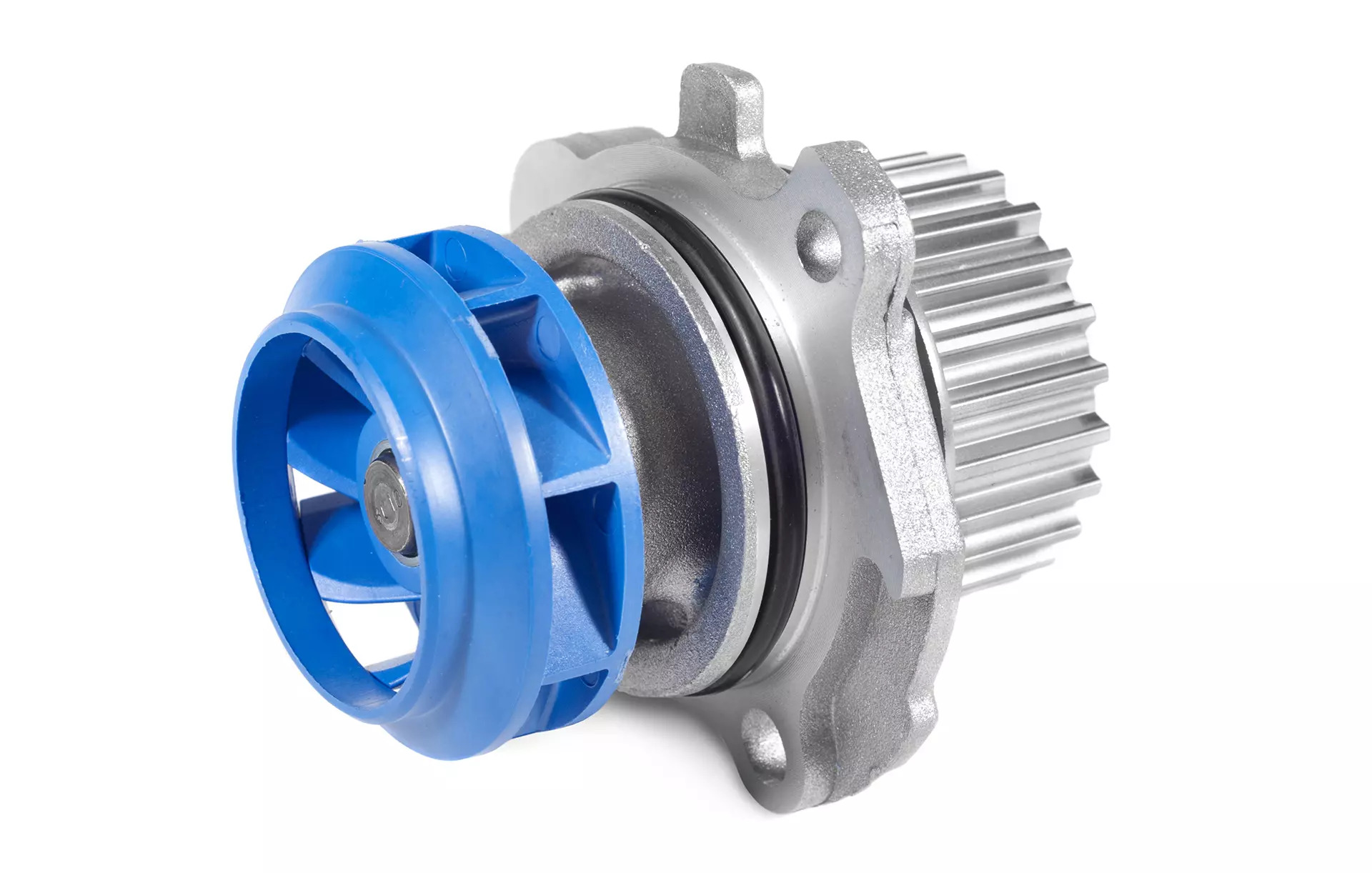
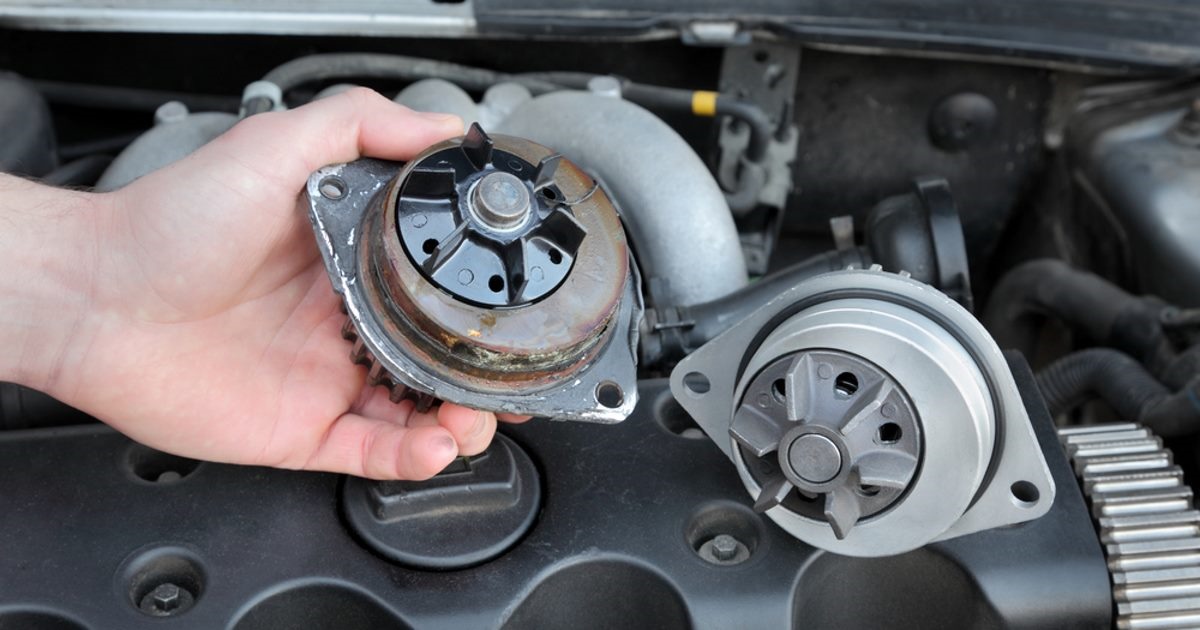
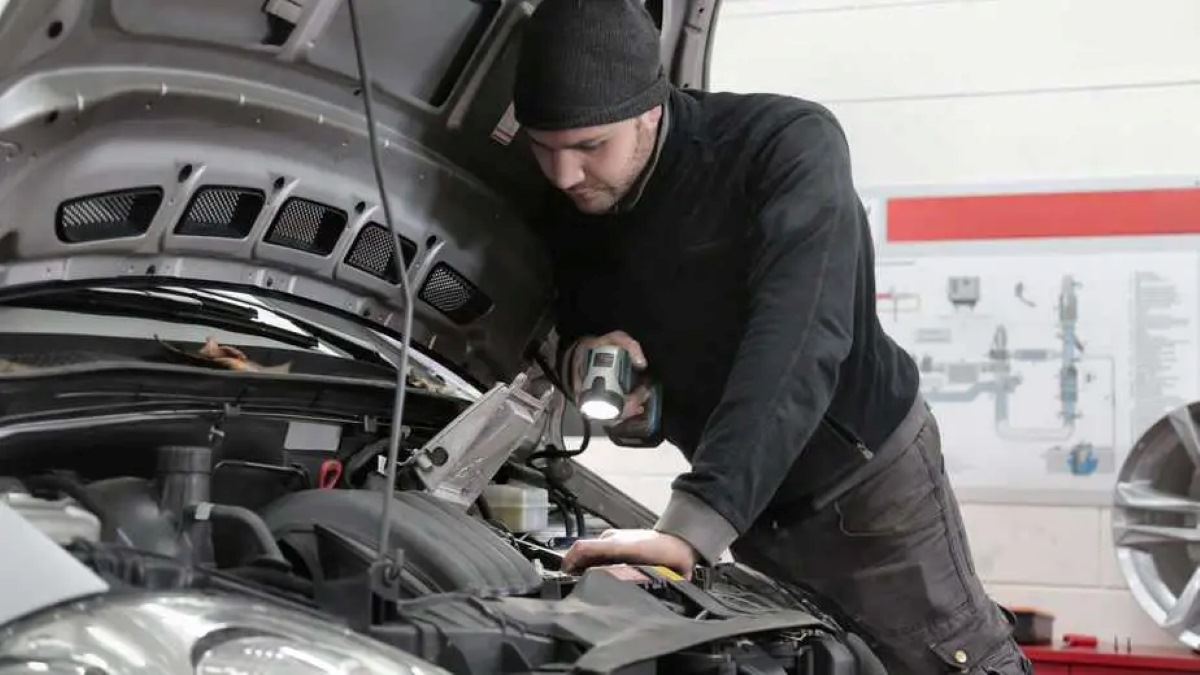
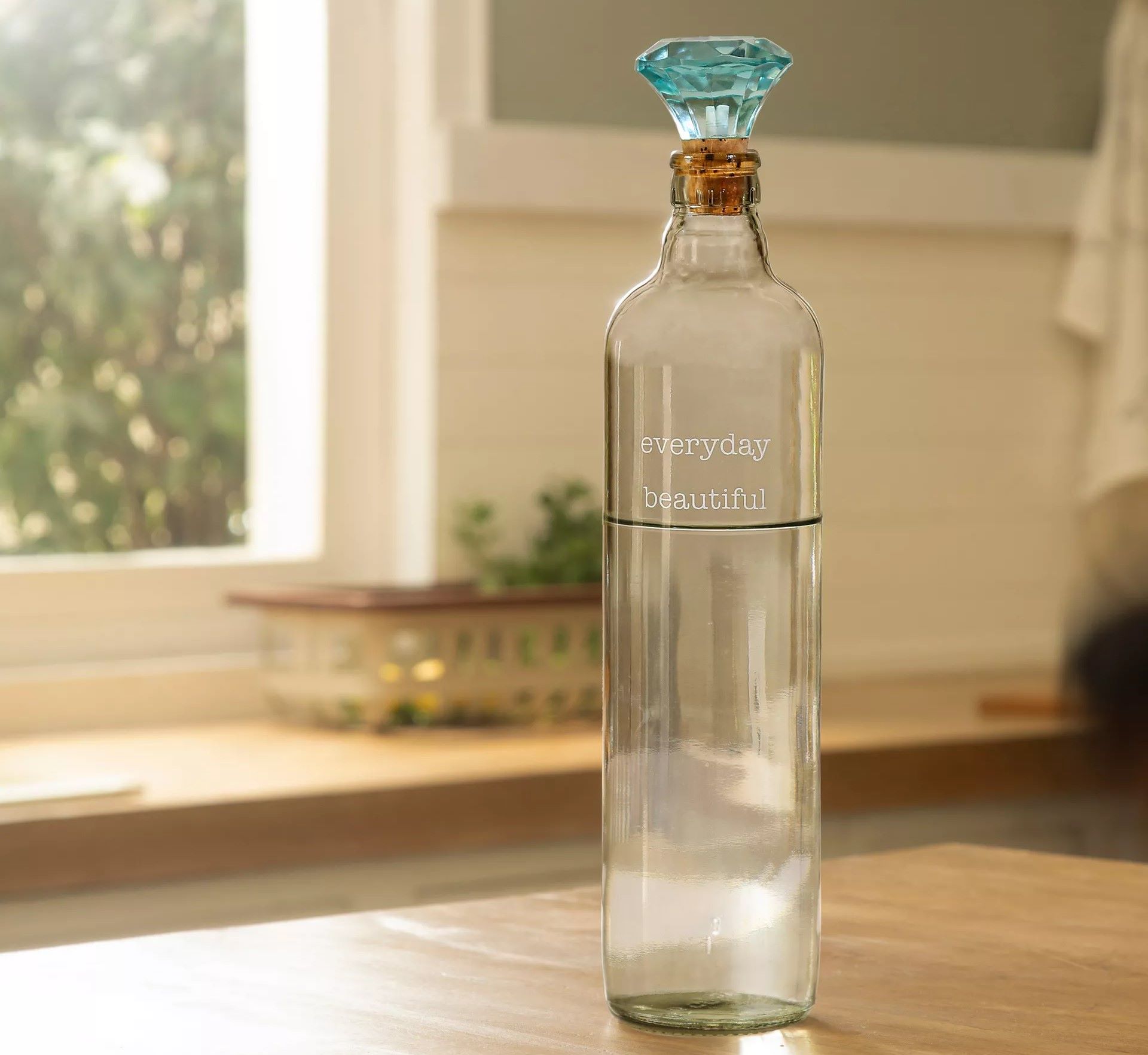
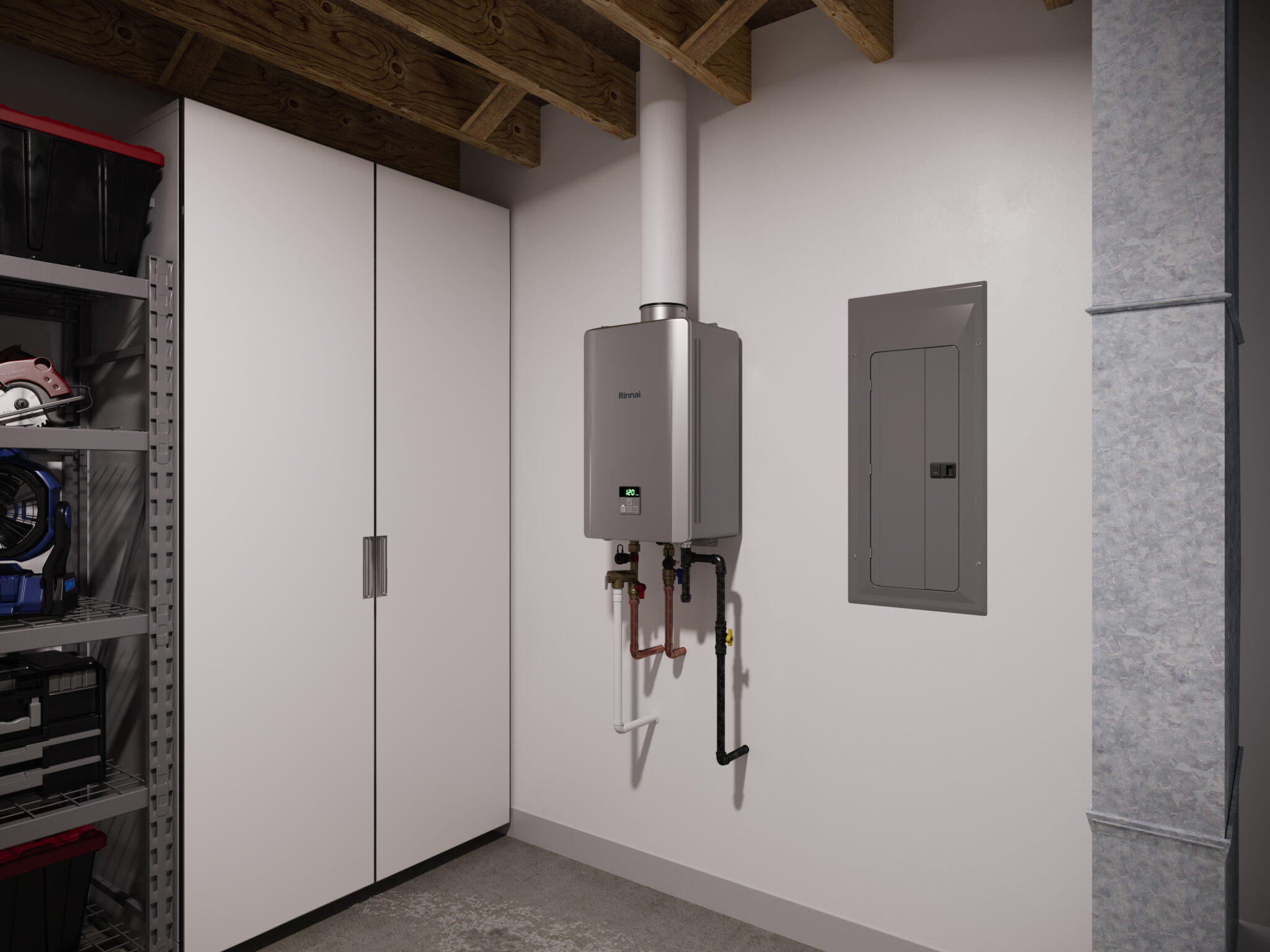
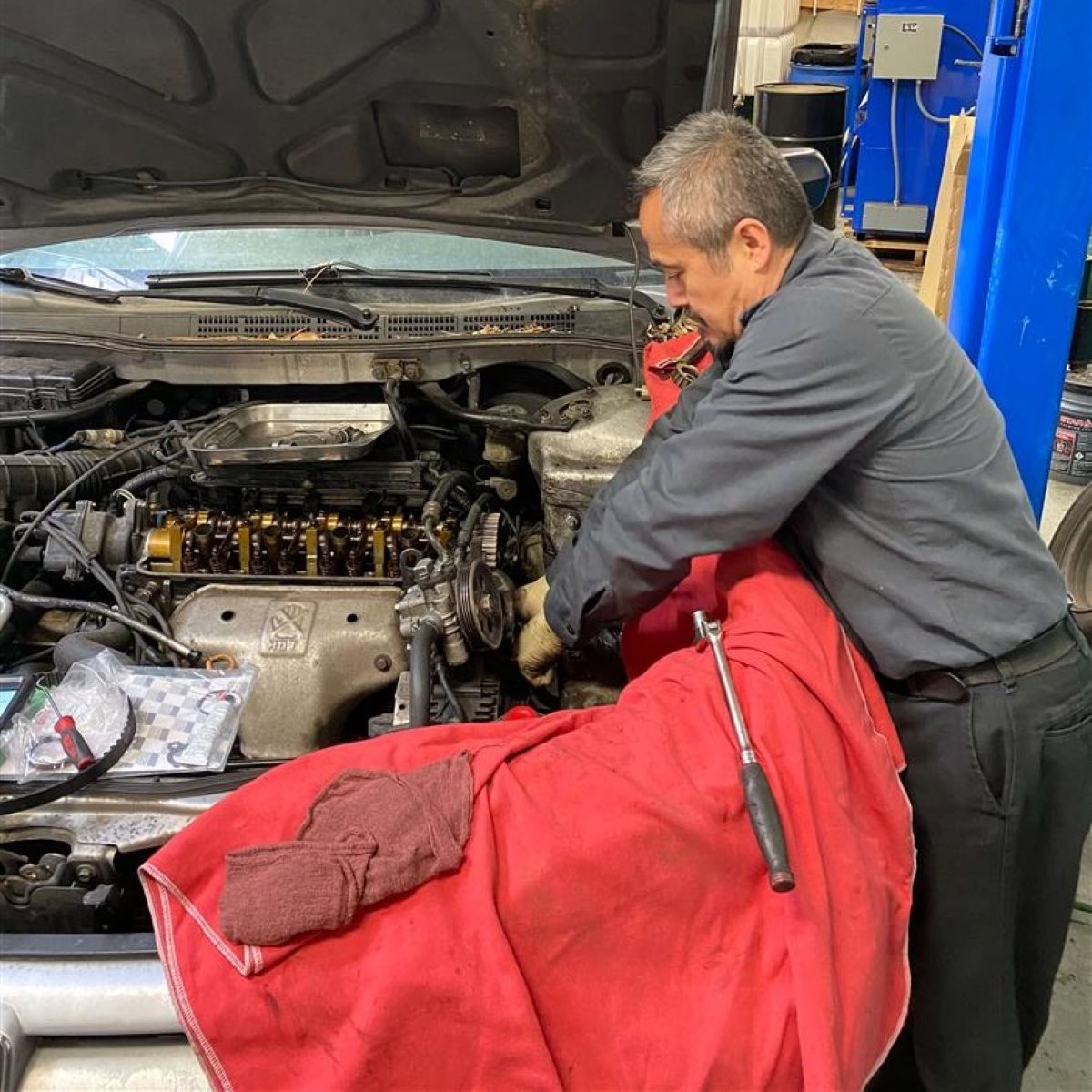
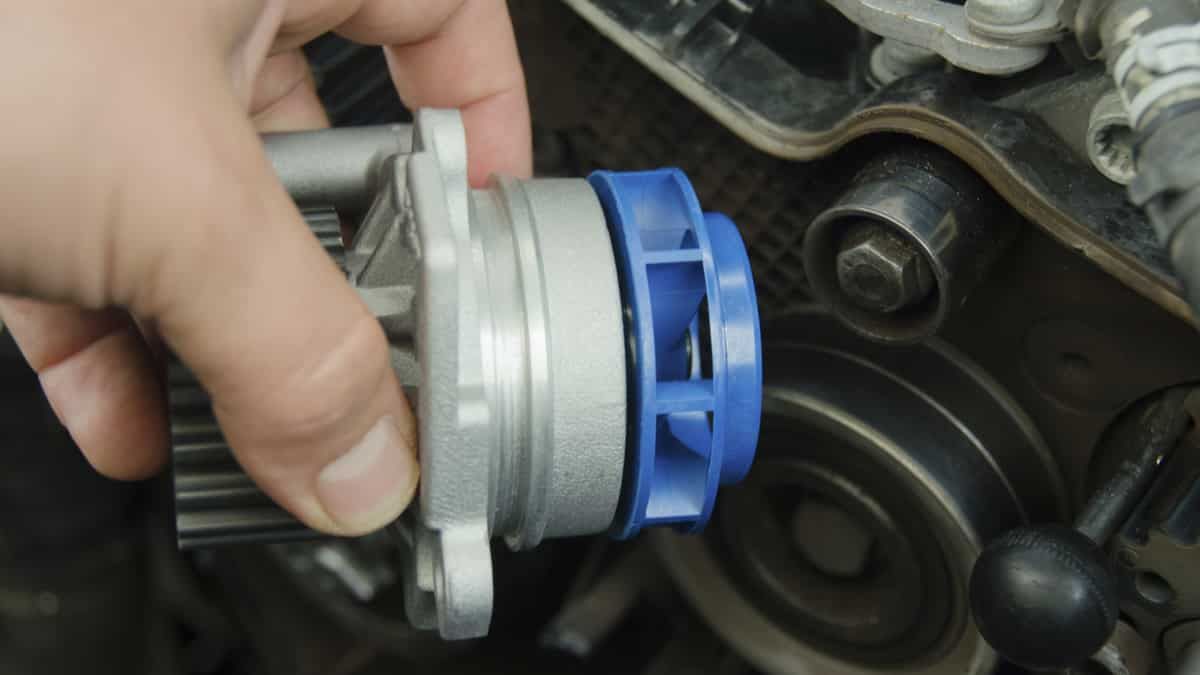
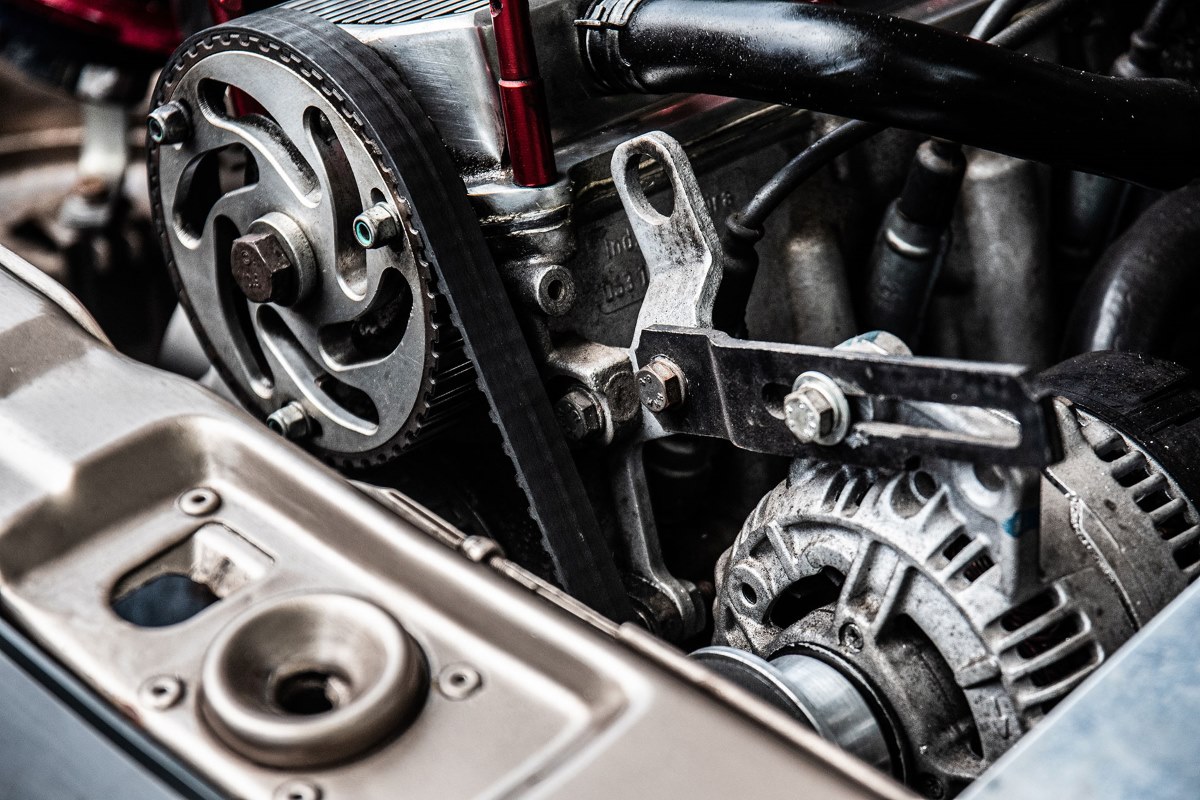
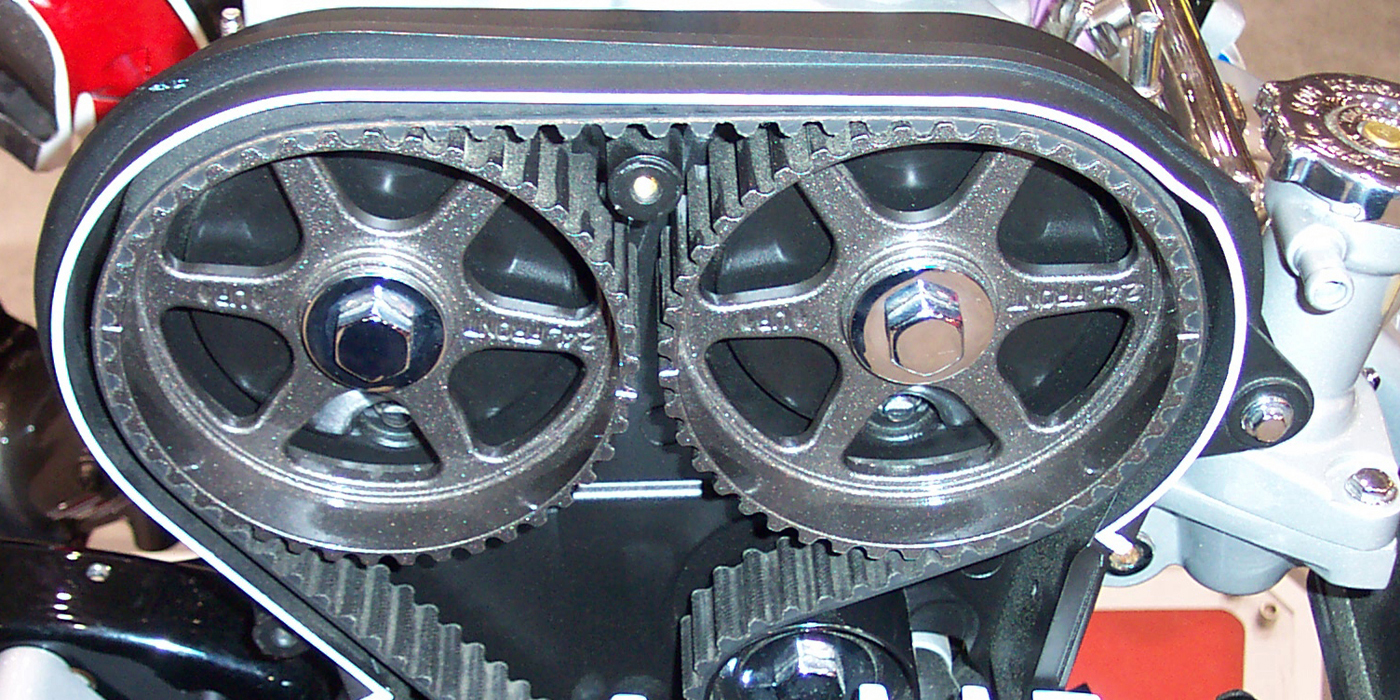
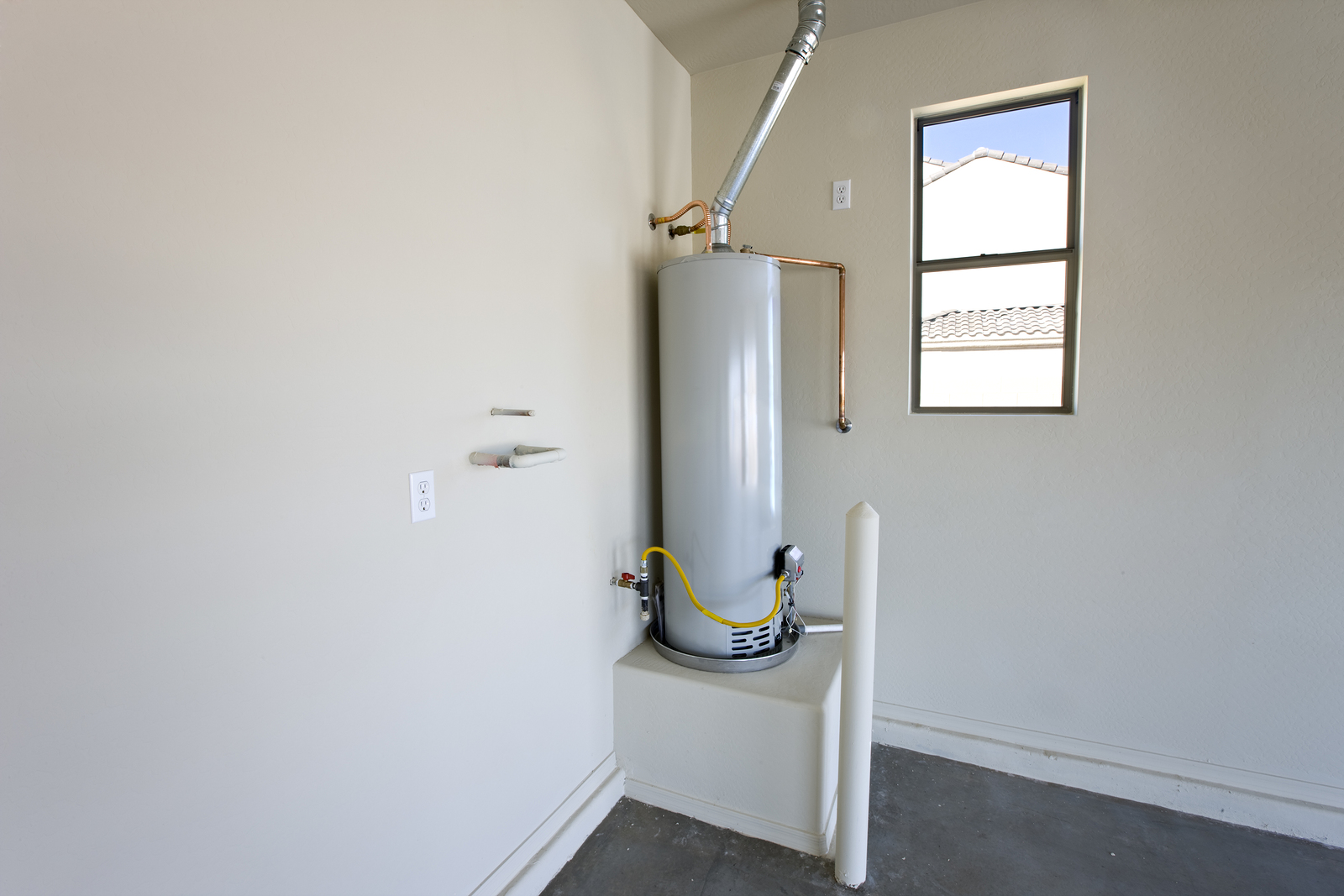
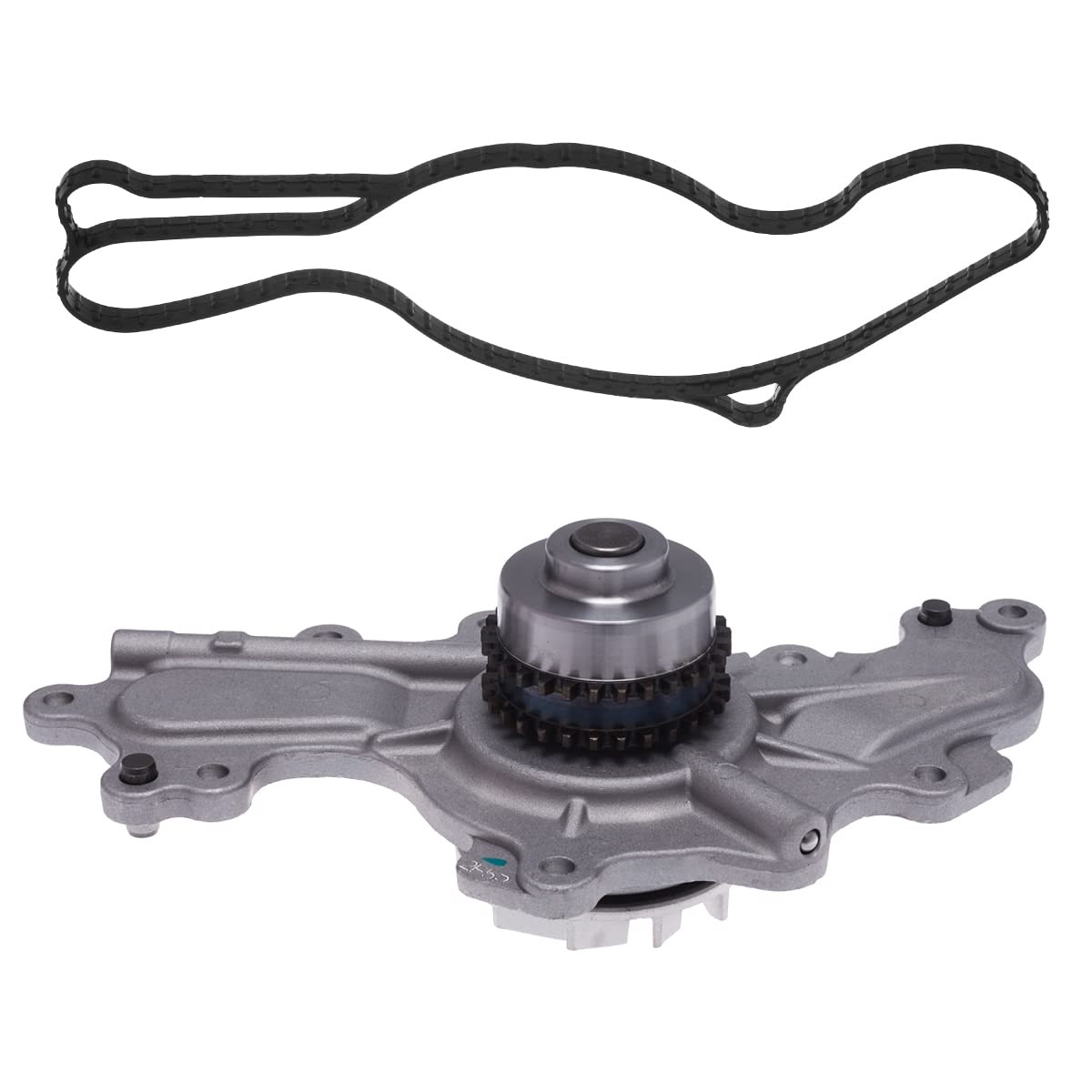


0 thoughts on “How Long Does A Water Pump Last In A Car”